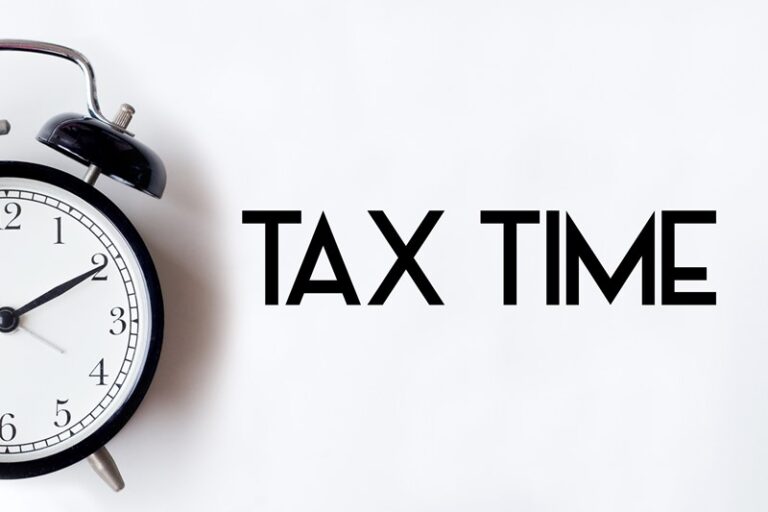There are special intestacy rules that govern how assets are divided if you die without making a will. If this happens your assets are passed on to family members in accordance with a set legal formula. This can result in a distribution of assets that would not be in keeping with your final wishes and can be especially problematic for cohabitees (a couple who live together but are not married and have not entered into a civil partnership).
However, if someone dies without a will or any known family their property passes to the Crown as ownerless property. This is known as 'bona vacantia' which literally means vacant goods and by law this property (including money and other personal possessions) passes to the Crown. The bodies that deal with bona vacantia claims vary across the United Kingdom, but they all ultimately represent the Crown.
It is possible to make a claim on the estate but only if you are an 'entitled relative'. The general rules are:
- If there is no will, the person’s spouse or civil partner and then any children have first claim to the estate.
- If there is no spouse or child, anyone descended from a grandparent of the person is entitled to a share in the estate.
- If you are related by marriage, you have no entitlement.
It is also possible for someone who lived together with the deceased (such as a partner) to apply for a grant from the deceased person's estate. The rules are complex and serve as an important reminder to make a will thereby ensuring that your assets are divided amongst family, friends and charities in accordance with your wishes.




